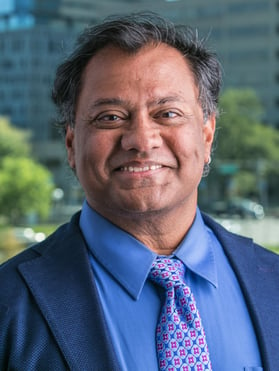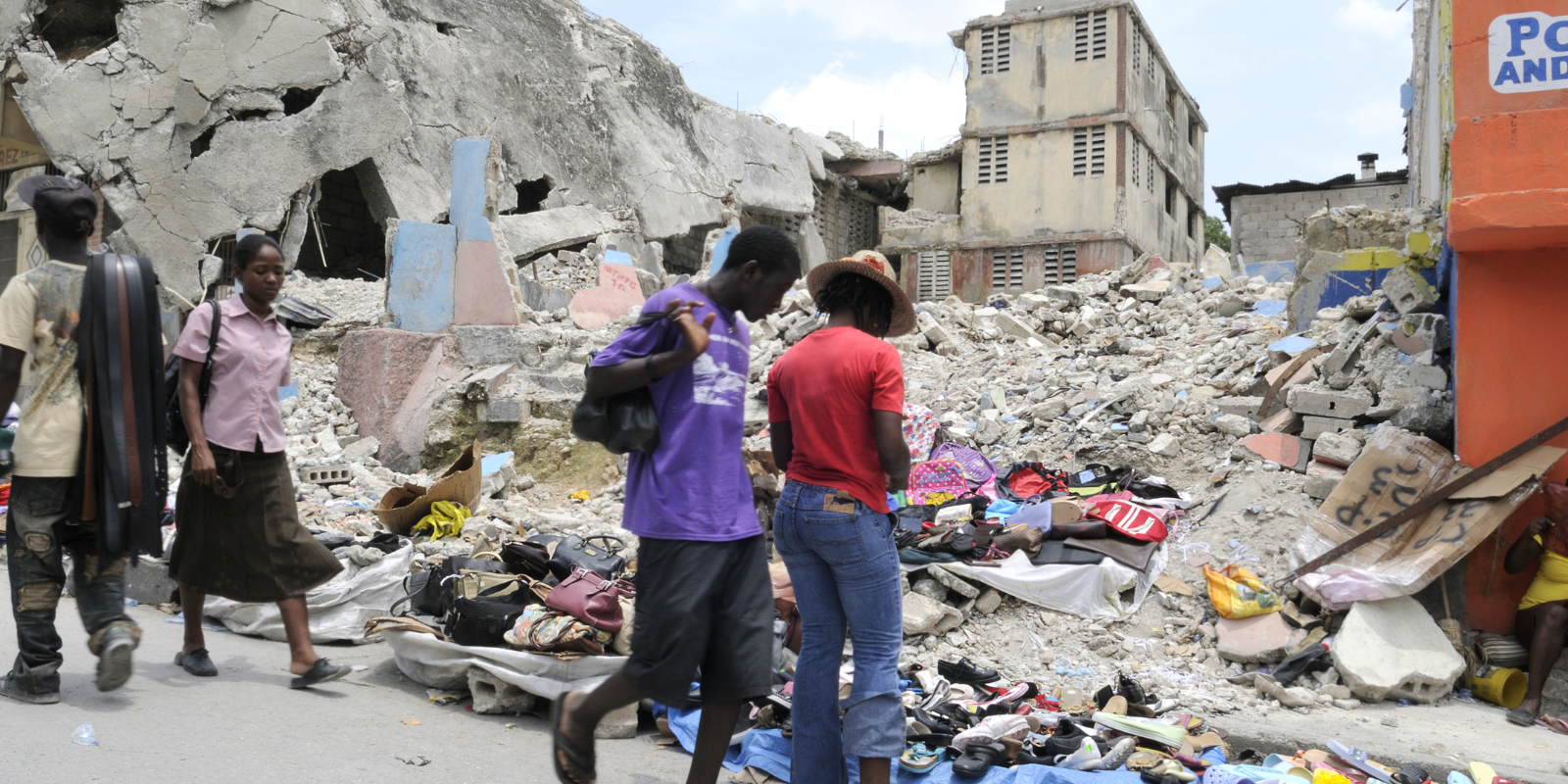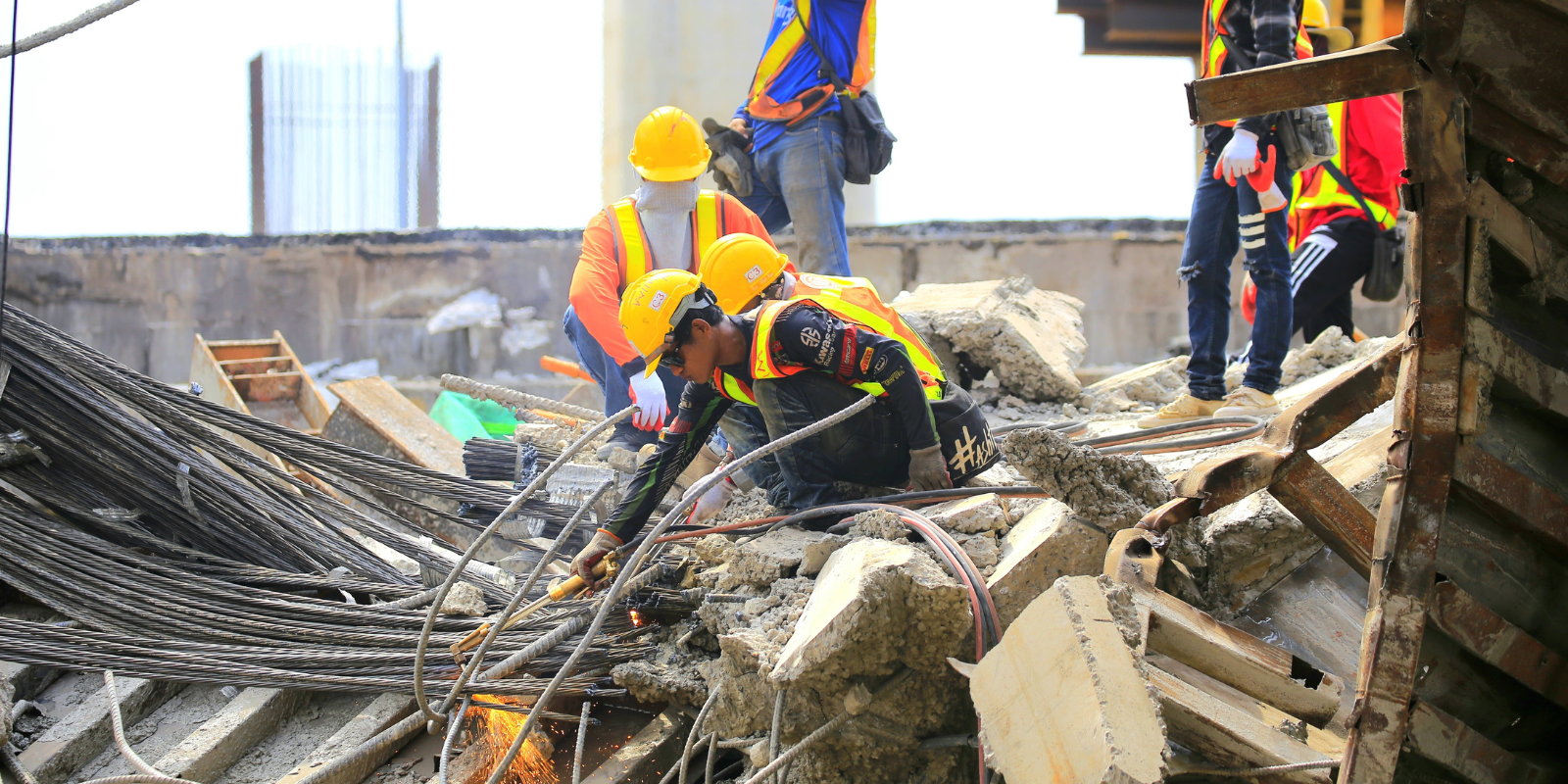Within two days of being asked to launch a testing site for face shields by the state’s newly formed Innovation Response Team Task Force, CU Bioengineering Distinguished Professor Robin Shandas, PhD, and nearly 200 volunteer researchers and students stood ready.
After assessing equipment, planning a process, and choosing three labs in the Bioscience 2 Building, the team (largely working together virtually) garnered university approval.
“That all happened very quickly,” said Shandas, director of the Center for Bioengineering on the University of Colorado Anschutz Medical Campus. “Within 20 hours, we had our first design for testing.”
Citizens answer call for medical equipment
Partially fueled by a call for help from the governor, companies and innovators across the state have joined in the battle against COVID-19, pumping out Protective Medical Equipment (PME) at an urgent pace.
Focused on keeping the state’s healthcare providers safe during the worldwide pandemic, the unprecedented response in PME manufacturing often comes from industries new to the medical arena.
“Everybody has lots of ideas. They all want to help,” Shandas said. “While that’s fantastic, you have to remember that these things are going to be used on people and in the healthcare setting. Even though we are in crisis mode, none of these things should harm anybody.”
“Even though we are in crisis mode, none of these things should harm anybody.” – Robin Shandas, PhD
The team tested and returned validation reports on face shields for two companies on its first day and is braced for whatever it takes to help in the uncertain days ahead.
Expert leads effort to ensure safety
Shandas, known for his skill in taking engineering ideas from the research stage to the clinic and building successful startup medical-device companies, is no novice in the area.
“I have a lot of experience developing novel medical devices and moving them through the FDA pathway and into clinical use,” said the founder of the state’s only dual-campus Department of Bioengineering.
Robin Shandas
Shandas leveraged his knowledge and connections in both the academic and private sectors in setting up a standard testing process and lab. The goal: to assure both the manufacturers and the receiving healthcare providers that these rapidly produced products are safe and effective, he said.
Many FDA position papers have stated that it doesn’t want to get in the way of innovation and making sure the equipment needs during this crisis are met, Shandas said. “But they also have been clear that the devices need to go through some kind of validation process. If you are going to make a face mask that filters bacteria and viruses, you have to show that it actually does that. You have to show functional performance,” he said as an example.
CU Anschutz site focused on face shields
Shandas and team test the now-familiar plastic shields first-responders and staffers of drive-through testing sites across the state wear. The clear, durable plastic shields are worn over respiratory masks largely for splatter protection from blood, spit or any biological fluids.
Many 3D Printing companies have found a niche in the face-shield manufacturing, and Shandas’ team can provide guides on proper steps to take and materials to use.
Jennifer Wagner, bioengineering research instructor who has taken the technical lead of the project, said she’s honored to be part of a team assisting in such trying times.
“I think challenges bring out the best in people, and I have certainly observed that here in Aurora," said Wagner, noting that manufacturers with designs needing testing can contact her for the free service.
So far, the CU Anschutz site focuses on face shields only. The state task force requested testing of respiratory masks by Colorado State University. All PME will fill shortages in the state until and if overproduction allows supplying other mountain states, the governor has said.
CU Bioengineering: ‘This is where we shine’
The state request has provided a bonus for Shandas as an educator, offering his students an extraordinary educational opportunity, he said.
“I want to show our students that as biomedical engineers, this is where we shine,” Shandas said of his field, which goes beyond engineering and design, into the medical sciences. “We’re the only engineers that work on the medical campus.”

Bioengineering senior Anne Lyons performs a spray test on a face shield. In accordance with social distancing protocol, only one person works in a lab at a time with other teammates working virtually.
And being on the top regional academic medical campus, which serves as the heart of the state’s biosciences innovation, gives his students an edge. Researchers and clinicians are available for consult, literally, right across the street. “And that’s really important,” Shandas said.
Bioengineering senior Anne Lyons said putting her education and training to use during a crisis like this has been immensely rewarding.
“Participating in the global collaboration taking place to overcome these obstacles has made me surer than ever of my career path in biomedical engineering,” Lyons said.
Shandas acknowledged campus leaders’ quick cooperation, opening closed labs and approving a few on-site researchers for the critical task. “The process has been a true, multidisciplinary team effort,” he said. “From engineers to clinicians to our Environmental Health Services – a variety of groups have come together to meet this crucial need.”
Email Jennifer.Wagner@cuanschutz.edu for information on face-shield testing and protocol.
Top Photo: A lab in Bioscience 2 stands ready for ongoing face-shield testing on the CU Anschutz Medical Campus.




